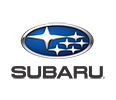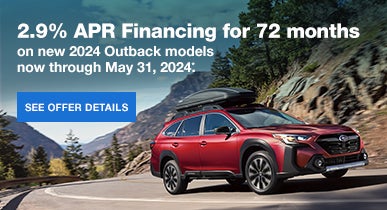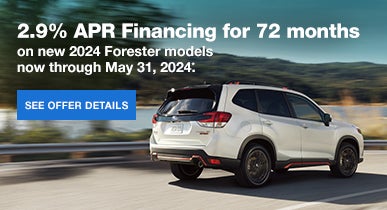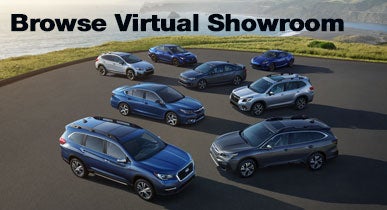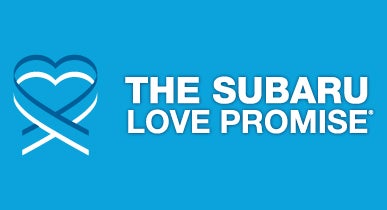When it comes to getting a new car, there are two ways you can go about it. You can lease, or you can buy. Both options have positives and negatives. Some would prefer to only lease cars. Others feel that leasing wastes money and you should only purchase a car.
Everybody is different, and what might work for one person may not be best for you. When determining which of these two options is best for you, three main factors determine your answer. First, you must consider what you intend to do with your vehicle. You must also think about the number of miles you drive and how much you want to spend.
To help you make the best decision here is some information about the difference between leasing and financing a car.
What Does it Mean To Finance A Car?
When you finance a car, you are obtaining an auto loan, typically from a bank or credit union, to purchase the vehicle. You must make regular monthly payments for a certain period towards the car. Once you have made all the payments, you own the vehicle. You can sell it, trade it in, or keep it. When financing a car, it is helpful if you put down some amount of money. A downpayment helps to lower your monthly payment amount. If you plan to keep the car for a long while, this is the best solution. However, you have to pay for repairs once the warranty expires.
What is Leasing?
A lease is an agreement that you make for a set amount of time. This period is usually two to four years. You make a monthly payment during this time, which is lower than if you financed it. At the end of this period, you must decide if you want to purchase the vehicle or return it to the leasing company. If you return it, you must find another car. It is not possible to sell a leased vehicle. You do not own it. When you lease, it allows you to enjoy a new car every few years. You do not have to pay for long-term repairs or maintenance. You do have a mileage restriction.
Concerns with Financing
There are no limitations put upon you when you finance a vehicle. You must make your monthly payment, but other than that, you can drive all the miles you want. It is crucial to remember that if you have high mileage on your car, it may reduce the resale or trade-in value. You should perform regularly scheduled maintenance, like oil changes and tire rotation, to extend the life of your car. Even with high mileage, regular care reduces wear and tear on the vehicle and helps it retain its value. You can expect to have a higher car payment when you finance your car unless you have a high down payment.
Concerns with Leasing
When leasing a vehicle, you have to consider the number of miles you plan to drive because you will have limits. Upon signing the lease agreement, you have to determine what mileage you want to stay within. The typical options are 10,000, 12,000, or 15,000 miles. If you drive over the amount you select, when you turn in the car, you may have to pay a fee. The fee typically ranges from 10 cents to 30 cents for each mile you are over. If you think you will drive more than 15,000 miles, you need a high mileage option. Leasing a vehicle with a high mileage option makes your monthly payment higher. Even when you lease a car, you have to take care of it with regularly scheduled maintenance. It can be costly if you do not care for it properly because when you turn in the car, you may face a large fee for excessive wear and tear.
If you still are not sure which option is right for you, or you have more questions, make an appointment with Royal Moore Subaru. The experienced and qualified salespeople will be more than happy to discuss your options and help you understand which one is the best one for you.
